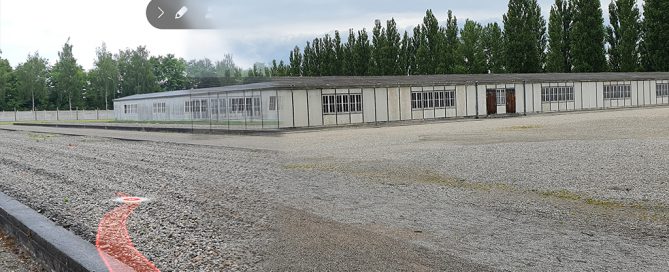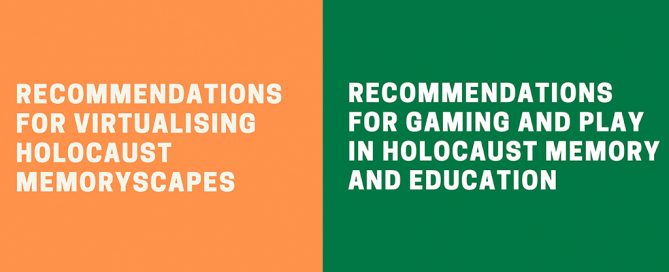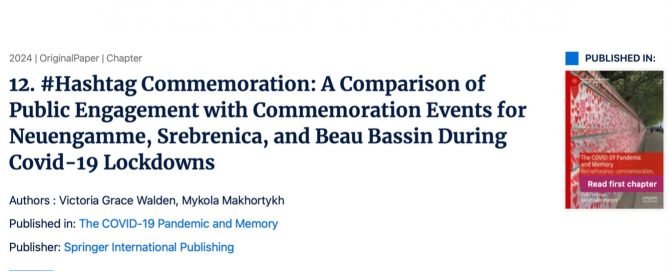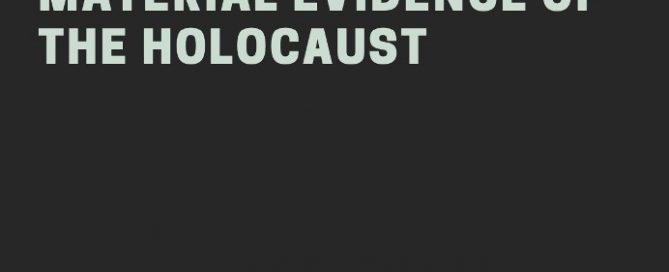The recommendation reports, published as part of the Digital Holocaust Memory Project, underpin the objectives of the Landecker Digital Memory Lab. Their findings feed into all of the work that we now do. Foreword Holocaust collections are becoming increasingly digitised. Whilst digitisation offers many opportunities, especially in terms of preservation and public access to material evidence of this past, it nevertheless also introduces new challenges for Holocaust heritage. Digital technologies offer the potential for more networked connections between institutions, this is not always easy. There is a lack of consistency in vocabularies used for metadata, national and supranational laws affecting digital dissemination differ across the world, and there is unevenness across the sector in terms of resources (time, technological, and human) that can be dedicated to digitisation projects, and digital literacies and capacities. Despite the public misconception that 'the Nazis left little evidence of their crimes', there are large swathes of historical documents and objects that testify to the violences enacted during the Holocaust. The Arolsen Archives, alone, has more than 50 million reference cards and 30 million documents from concentration and forced labour camps, and files on displaced persons. Beyond contemporary evidence of the Holocaust, there are substantial collections [...]








